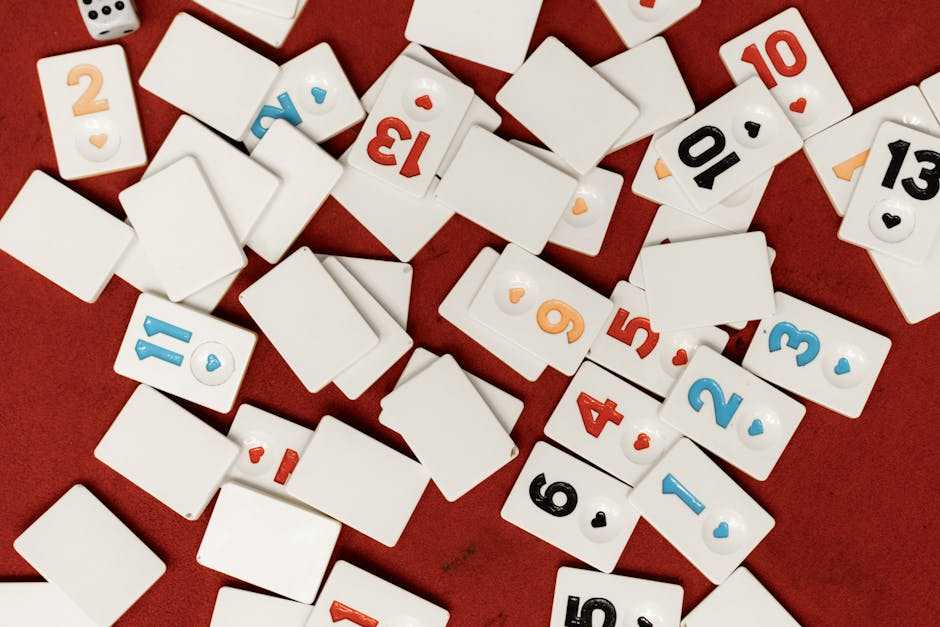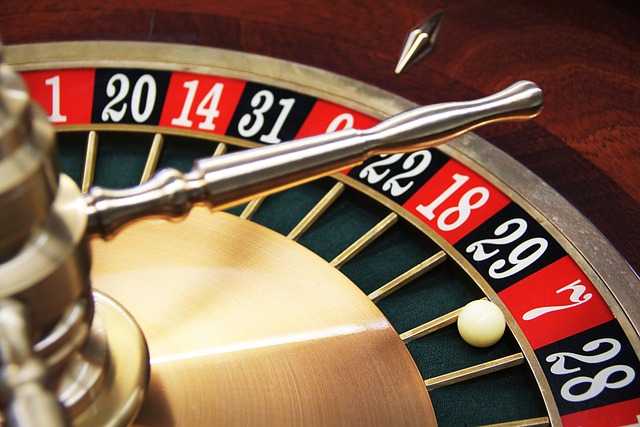Exploring the Basics of Gambling Addiction
Gambling addiction, also known as compulsive gambling, is a serious issue. It affects various aspects of an individual’s life, leading to severe consequences if left unchecked.
Defining Gambling Addiction
Gambling addiction is a mental health disorder characterized by an uncontrollable urge to gamble despite negative consequences.
According to the Diagnostic and Statistical Manual of Mental Disorders (DSM-5), it’s categorized under “Disorders of Substance-Related and Addictive Disorders.”
It involves repeated problematic gambling behavior that disrupts personal, family, or vocational pursuits.
Common Signs and Symptoms
Common signs and symptoms of gambling addiction include:
- Preoccupation with Gambling – Frequently thinking about past gambling experiences, future plans, or ways to get money for gambling.
- Increasing Bets – Needing to gamble with more money to achieve the desired excitement.
- Unable to Control or Cut Back – Making repeated unsuccessful efforts to control, cut back, or stop gambling.
- Chasing Losses – Continuously gambling to win back money lost in previous gambling activities.
- Lying About Gambling – Concealing the extent of gambling behavior from family members, therapists, or others.
- Risking Relationships and Opportunities – Damaging or risking significant relationships, job opportunities, or educational pursuits due to gambling.
- Relying on Others for Money – Needing others to provide money to relieve desperate financial situations caused by gambling.
Psychological Triggers of Gambling Addiction
Understanding the psychological triggers of gambling addiction is crucial for developing effective intervention strategies. Here’s a closer look at the key factors.
The Role of Dopamine
Dopamine, a neurotransmitter, plays a significant role in the development of gambling addiction.
When someone gambles, dopamine release in the brain’s reward system creates feelings of pleasure and euphoria.
This reaction reinforces the behavior, making individuals more likely to repeat it. Studies show that the brain’s response to gambling is similar to the reaction to drug use, increasing the risk of addiction.
Emotional Triggers
Emotions such as stress, anxiety, and depression can trigger gambling addiction. When facing these emotional challenges, individuals might turn to gambling as a coping mechanism.
For example, someone feeling anxious may gamble to distract themselves or alleviate their discomfort temporarily.
However, this behavior often leads to a vicious cycle where negative emotions are amplified by gambling losses.
Social and Environmental Factors
Social and environmental factors also contribute to gambling addiction. Peer pressure, advertising, and the social acceptance of gambling can influence individuals to start and continue gambling.
If friends and family engage in gambling, a person is more likely to participate.
Additionally, exposure to gambling-related cues, such as seeing casinos or betting advertisements, can trigger the urge to gamble.
Impact of Gambling Addiction on Mental Health

Gambling addiction severely affects mental health, leading to various psychological and emotional issues. Addressing these impacts is crucial for facilitating recovery and improving quality of life.
Anxiety and Depression
Individuals with gambling addiction often experience heightened anxiety and depression.
The unpredictability of gambling outcomes and financial losses contributes to constant worry and stress.
A study in the Journal of Gambling Studies noted that 37.8% of pathological gamblers had an anxiety disorder.
Depression is also prevalent, exacerbated by feelings of guilt and shame over gambling behavior.
Problems with Self-Esteem and Relationships
Gambling addiction significantly undermines self-esteem. Continuous losses and failed attempts to quit lead to self-blame and perceived personal failure.
The International Journal of Mental Health and Addiction found that 58% of problem gamblers report low self-esteem.
Relationships also suffer, with trust issues and frequent conflicts arising from deceit and financial strain.
This erosion of personal connections further isolates individuals, deepening the psychological impact of the addiction.
Strategies for Managing Gambling Addiction
Effectively managing gambling addiction requires a multifaceted approach. By exploring and integrating various strategies, individuals can work towards recovery and improved mental health.
Psychological Interventions
Psychological interventions play a crucial role in managing gambling addiction. Cognitive-behavioral therapy (CBT) helps individuals identify and change the thought patterns leading to gambling behaviors.
Therapists guide patients in recognizing triggers, developing coping strategies, and addressing underlying issues like anxiety or depression.
Motivational interviewing can enhance an individual’s readiness to change by resolving ambivalence about quitting or reducing gambling.
Therapies focusing on emotional regulation also assist in controlling gambling impulses.
Support Systems and Rehabilitation
- Support systems and rehabilitation programs provide essential aid in the recovery process.
- Joining a support group, such as Gamblers Anonymous, offers peer support and shared experiences that can be highly motivating.
- Rehabilitation centers specialize in treating gambling addiction, offering structured environments where individuals can focus on recovery without external distractions.
- Family therapy or support groups for relatives can help repair relationships strained by gambling addiction.
- Online tools, such as forums and mobile apps, offer additional resources for those seeking help when in-person options are not accessible.
- By combining psychological interventions with robust support systems and rehabilitation programs, a comprehensive approach to managing gambling addiction becomes achievable.




